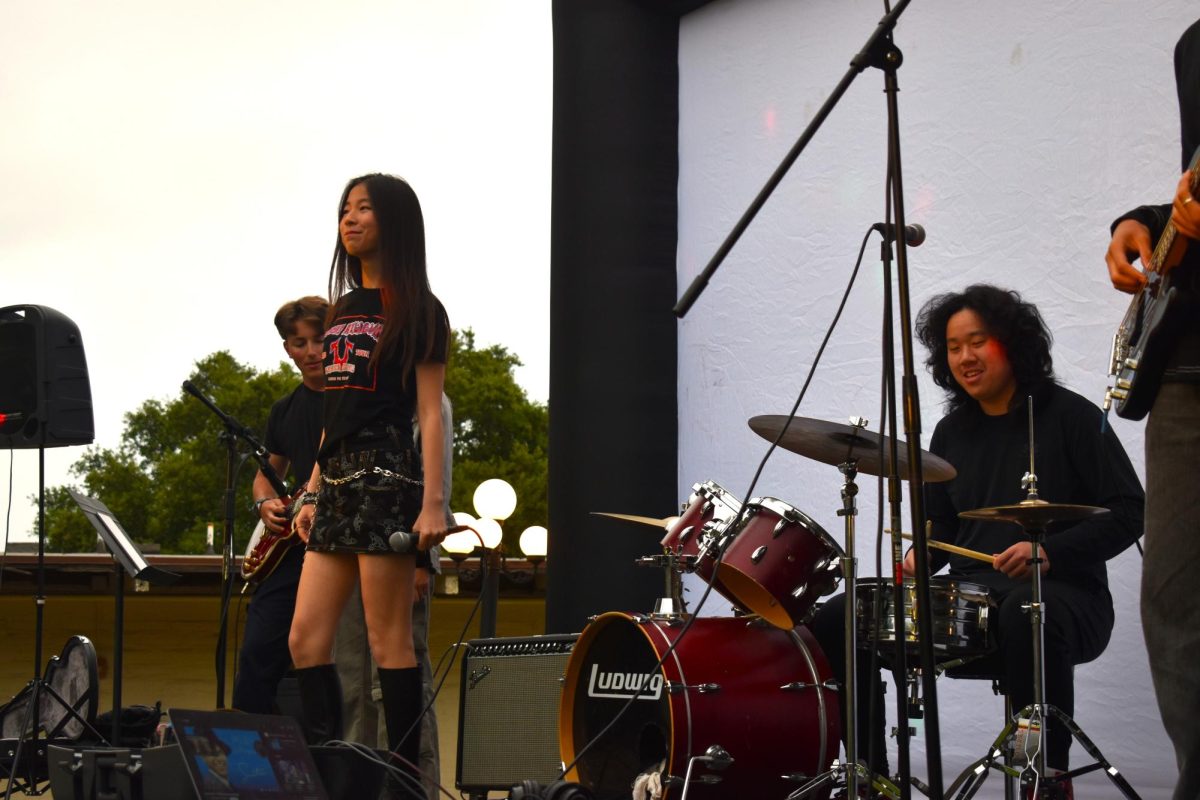Known for their muckraking and raw journalistic style, Peabody-award winning Vice News is the epitome of what journalism should be. The Peabody Award is an award that honors the most “powerful, enlightening, and invigorating stories in television, radio, and online media.”
Vice, one of the winners of the award, was founded by Suroosh Alvi, Gavin McInnes, and Shane Smith in Montreal, Canada, as a news source for the untamed punk-rock influenced masses–a demographic that mainstream media continuously fails to reach.
After gaining a significant following, Vice moved from their small office in Montreal to New York City, where their corporate headquarters remain to this day. Just recently, Vice (established in 1994) has been valued at 5.7 billion USD, while the New York Times (established in 1851) has been valued at 1.8 billion USD. Additionally, Vice has reached a broader audience than mainstream media outlets, as they do not charge subscription fees, as well as making their programming available to the public for free by putting full-length documentaries and shows on YouTube and HBO.
So how did Vice achieve this success, both monetary, with awards, and with a large viewing base on many platforms?
It couldn’t have just been angsty 20ish punk-rockers that made Vice Media worth over 3 times the value of the New York Times.
It wasn’t. Of course, Vice’s key demographic (twenty-something punk rockers) played a large role, but Vice’s ability to cover stories that are eye-opening, and interesting, as well as their ability to write without reserve makes Vice special in comparison to mundane mainstream media.
For example, Simon Ostrovsky, a Russian-American journalist for Vice is famous for his coverage of the 2014 Ukrainian Crisis, where he was held captive by pro-Russian forces. Another example is Shane Smith, the nearly 50-year-old founder of Vice, who has traveled to North Korea where he and Dennis Rodman (a hall of fame basketball player) dined with Kim Jong Un. Smith has also traveled with North Koreans trying to escape the oppressive country for China and then South Korea. Another famous Vice journalist, Ben Anderson, is famous for his reporting on the War in Afghanistan, where he followed British troops in a live battlefield setting.
However, perhaps the most captivating thing about Vice is their ability to cover underreported, yet timely and important stories. Ben Anderson, for example, reported on slave labor camps in Dubai, where it is common for journalists to disappear if they publish something negative about the city. Because the government has reporters all over the city (i.e. in hotels, taxis, flights, etc.), Anderson had to film the slave labor camps (which, for obvious reasons, are closed off to the public) using a secret camera for three months.
All in all, Vice’s ability to cover under-reported, perilous and eye-opening stories, while allowing the audience to immerse themselves in the content makes Vice a media source that appeals to the public, and sets the standard for global reporting.









